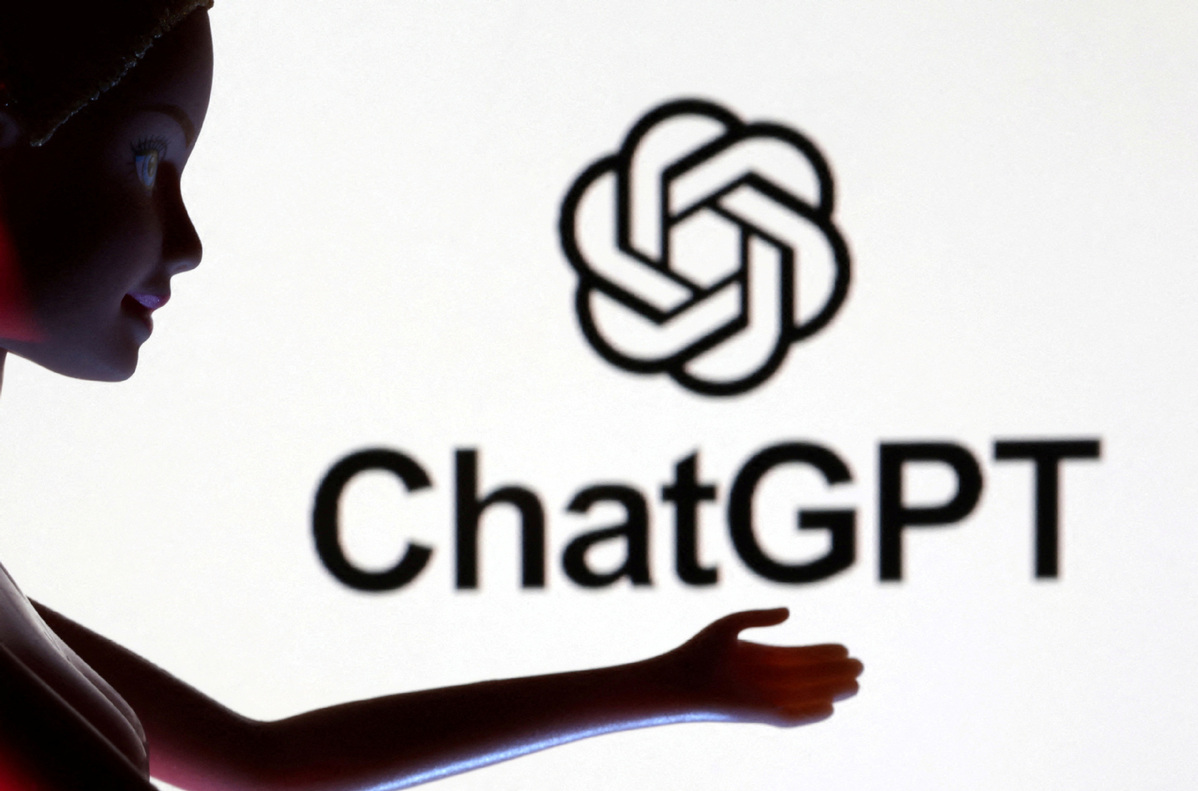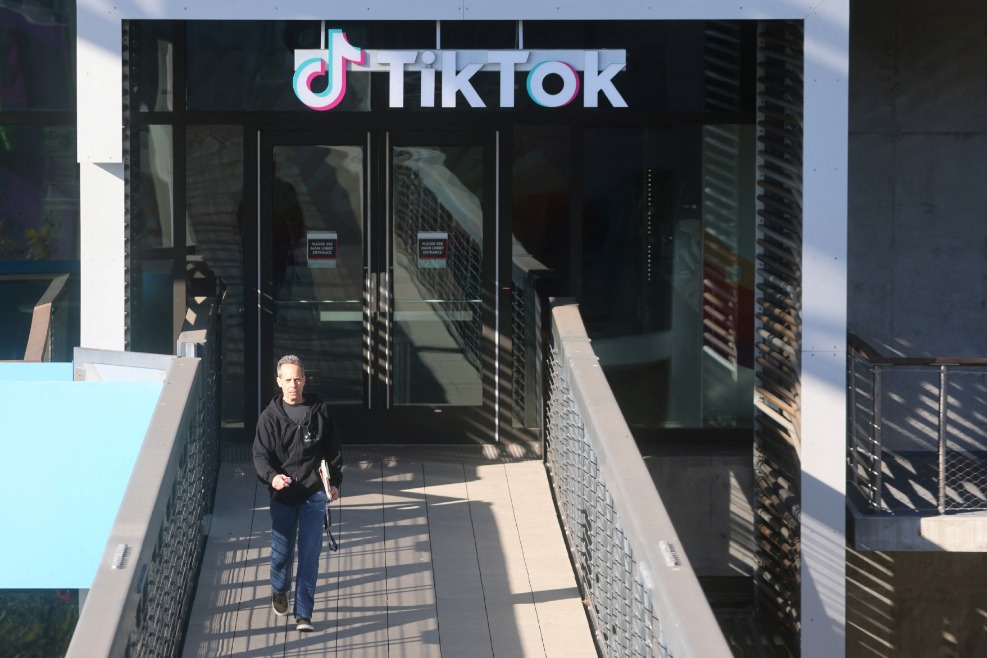Countries rush to control generative AI technology


Earlier this month, Chat GPT was banned in Italy, the first country in the West to do so. The now infamous AI program, used by students around the world to cheat by producing instant academic papers and answers to exam questions, has worried many authorities with its effectiveness and lack of regulation.
The European Union and China are among the few jurisdictions in the world that are developing specific rules to combat the spread of plagiarism through general purpose AI systems such as Chat GPT. The absence of any existing concrete rules has left a legislative void that is now hastily being filled with rules tailored for the technology.
The Italian data protection watchdog Garante managed to home in on Chat GPT's parent company Open AI by citing a data breach from which viewers were able to see the titles of dialogue exchanged with other users. Questions have also been raised regarding how the program collects data and processes personal details in training algorithms, to regurgitate information to users from the internet.
The lack of age restriction on the program is also a weak point many regulators are targeting in order to gain control over the service. Currently, Chat GPT does not allow for inappropriate usage over a range of blatantly criminalized subjects, however, the fact that the server can produce factually inaccurate information in responses to even innocuous topics is still a concern. These accusations come with grave consequences. Open AI could face fines of up to 20 million euros ($22 million) from EU bodies if it does not satisfy regulators with appropriate solutions.
Countries including the United Kingdom are taking a different approach. Instead of passing made-to-fit statutes that can directly regulate generative AI technologies, the government has outlined a policy commitment to working with tech companies in ensuring that they develop AI tools responsibly, and offer users transparency on how information is used.
The rate at which AI technology is developing is astonishingly fast, and Chat GPT will rapidly have successive competitors with newer and sharper incarnations.
A screenshot taken several weeks ago that went viral showed a photo of a VGA connection cable, used to link computer monitor screens, with an iPhone lightning port cable attached, and the VGA cable attached to an iPhone.
The Chat GPT in the screenshot explained the photo and, astonishingly, why it was funny, stating: "The humor in this image comes from the absurdity of plugging a large, outdated VGA connector into a smaller, modern smartphone charging point."
The "absurdity" arguably now comes from the fact that humor, a unique human characteristic, can now be detected and explained by AI, which is rapidly becoming more sophisticated month-by-month, and even week-by-week. Soon, AI will no doubt become too powerful and useful to ignore, and governments around the world will have to find ways of integrating these tools into a society fairly and safely. In the meantime however, regulators must remain vigilant of developments in the industry, and how they handle data to prevent the spread of harm and misinformation.
Barry He is a London-based columnist for China Daily
































